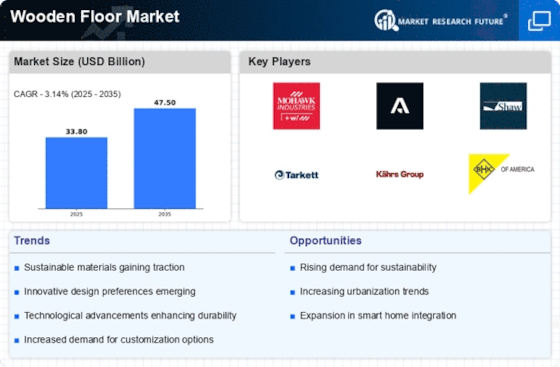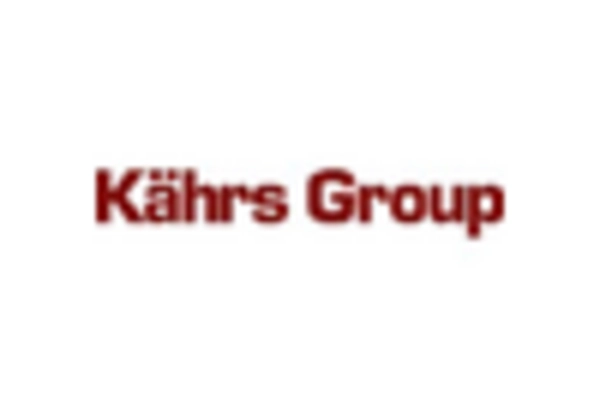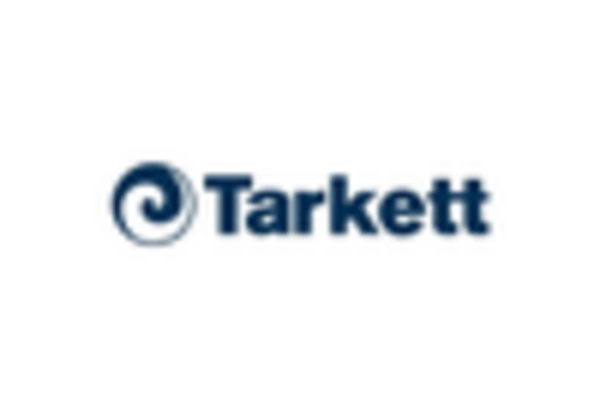Market Share
Wooden Floor Market Share Analysis
Firms may offer exceptional features or design aspects to differentiate their hardwood floors from those of competitors. Researching on innovative designs, sustainable materials or installation procedures can attract buyers seeking eco-friendly products with distinct styles different from what’s available on supermarket shelves.
Moreover another important one is pricing strategy . Companies choose cheap cost provider business model who offers good quality. It serves best price sensitive customers who value quality above all costs but still need to spend less for actual product itself. On the other hand premium pricing strategies are used in such situations when the customers associate high prices with better quality, more craftsmanship or distinctive designs.
To position their wooden floor market share, it is important that these firms segment their market. The companies may direct their efforts towards particular demographic groups which have specific tastes and preferences for premium timber floors with bespoke designs meant for wealthy individuals’ homes while others may go mainstream by providing affordable yet durable products to meet as many people as possible.
Location is crucial for the Wooden Floor Market. Companies adapt their products to suit regional tastes and trends. Knowing local preferences, climate, and culture will enable businesses meet different market demands. This ensures that there is a global appeal of hardwood flooring with a view of increasing market share.
Sustainability has emerged as one of the major determinants of market share in recent times. Such companies employ resources from sustainable sources and use energy efficient techniques in production as they respond to consumer’s environmental consciousness. By targeting green customers, firms can heighten their brand image and increase their market shares.
Wooden Floor Market companies can also raise their market shares through associations and strategic partnerships. Partnerships with interior designers or architects or real estate developers may enhance market shares for enterprises. These collusions assist in enhancing brand recognition which positions hardwood flooring products as integral parts of bigger design and construction projects.
Adapting to changes occurring in the wood floor industry such as advancements in technology are vital in retaining market share. The wooden floor industry is transitioning towards smart connected solutions. Having temperature sensors, interactive lighting and home smart networking gives firms an upper hand when it comes to enticing trendy gadget-loving clients who are interested in modern comfortable living spaces.
To gain a foothold in the dynamic competitive wooden floor industry, companies should employ several techniques besides others; product differentiation; pricing strategies; collaborations; sustainability initiatives; technological advancements; geographical targeting; segmentation, etc., which will enable them navigate complexities of these markets, attract diverse consumer groups from various locations thus enhancing the share they have.
Low-maintenance wood-based things are preferred by most people all over the world. It saves on building maintenance costs. Since it requires low maintenance, wooden flooring is ideal hence promoting growth within this line of business.
People worldwide are renovating/rebuilding/restoring multiple structures currently because they want to improve them or create new ones respectively whereby many industrialized countries notably US have embarked on expensive infrastructure development/maintenance projects. Large quantities of these planks for the wood floor are required.


















Leave a Comment